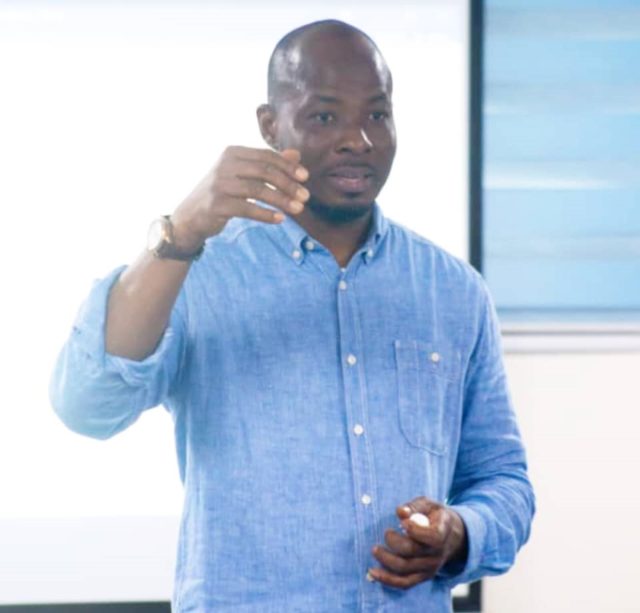The Media Foundation for West Africa (MFWA) organized a two-day training session for 25 journalists selected from the Volta and Oti Regions, focused on countering hate speech and polarizing narratives. The event, held in Ho from Thursday, June 20, to Friday, June 21, was themed “Countering Hate Speech and Polarising Narratives to Foster Democratic Consolidation and Peace in Ghana.”
Journalists were instructed on critical topics, including Conflict Sensitive Reporting, Misinformation and Disinformation, Preventing and Countering Violent Extremism, Peace Journalism and the 2024 Elections, and Fact-Checking.
Hon. Dr. David Esinu Yao Normanyo, Volta Regional Executive Secretary of the National Peace Council, highlighted the significant role of the media in peacebuilding during his session on Conflict Sensitive Reporting. He emphasized that media shapes public perception and cited examples from countries like Rwanda, Sierra Leone, Kenya, Nigeria, and Ghana, where journalists have both exacerbated conflicts and promoted peace.
Dr. Normanyo referenced the 2000 documentary “Cry Freetown” by Sorious Samura, which contributed to ending the conflict in Sierra Leone. He urged journalists to report conflicts professionally, providing in-depth coverage and representing all sides involved.
peace has declined for the 13th time in the last 15 years. According to the Institute for Economics and Peace (IEP) 2023 findings, Ghana is ranked 51st among the most peaceful countries, with a score of 1.799. He emphasized the importance of responsible Journalism in maintaining and improving this ranking, especially during election periods.

Journalists participated in practical exercises by Mr. Kwaku Krobea Asante, Lead at Fact-Check Ghana. He covered Understanding Fact-Checking and Working with Fact-Checking Tools, and the Concept of Misinformation and Disinformation. Mr. Asante highlighted the dangers of false information spread via social media, stressing the responsibility of journalists to verify the authenticity of information before publication. He demonstrated techniques for verifying photos, conducting reverse image searches, and analyzing videos.
The training aimed to equip journalists with the skills to counter hate speech and polarizing narratives, enhance fact-based public discourse, and foster community resilience through engagement across diverse groups. It also aimed to improve media and information literacy among Ghanaians, promoting discernment in the consumption of media content.

The training session included the participation of project partners such as the National Commission for Civic Education, the National Peace Council of Ghana, the National House of Chiefs, Queen Mothers, the Christian Council of Ghana, the Office of the National Chief Imam, and other Muslim and Christian groups.









![Fuse ODG violently handcuffed, dragged out of his car by UK Police over alleged ‘Wee’ smell [Video]](https://ghananewss.com/storage/2023/05/Fuse-ODG-hand-100x75.jpeg)








